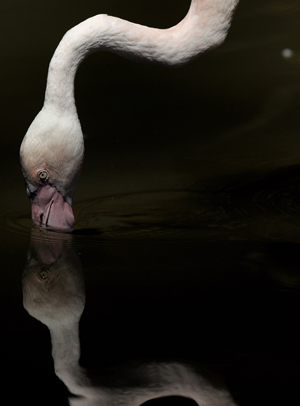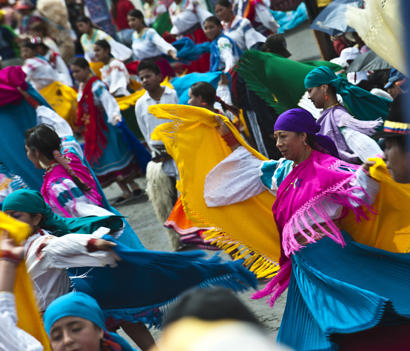The other day I was trolling through my notes of trips long gone, and I found myself chuckling over some comments that I had made during various trips – ones that have never made it to one of my longer stories. They cover a wide collection of countries, but I would like to pass them on. So forgive the randomness of it all, and see whether you’ve shared any of these locations or situations.
On one bright sunny day in Munich, which in itself is rare, we decided to visit the zoo. Incidentally, Munich has one of the best zoos I’ve ever visited. The zoo sits on an island surrounded by the Isar River. We marched across the foot bridge heading for the main entrance when we noticed a strange thing. The bridge fence was composed of a large wire mesh and hanging on this fence were hundreds, maybe thousands, of padlocks. Upon closer inspection we noticed that each padlock bore an engraved message. “John and Lisa, 2003 forever.” “Carl and Maria, together 2006.”” Hans and Eva 2010.” And on and on – but all were, of course, in German.
Apparently newlyweds in this area of Munich dedicate their lives together by affixing an engraved padlock on this bridge railing and then toss the keys into the flowing water beneath. How romantic can you get?
On a different note, local sarcasm can easily be lost to us travelers, in either our ignorance of area politics or in the nuances of idiomatic phrasing. One such reference nearly slipped by me in Skopje, Macedonia. Over the past few years this city has erected hundreds of statues. They range from the huge – repeat huge – image of Alexander the Great on horseback in the city center, to smaller, more manageable images of other historical figures. The range and quantity of these monuments are hard to ignore. Even in the center of the Vardar River, resting on a small spit of land there is even a statue of a young woman diving into the river.
I commented about the number to our local guide who replied with a disgusted grunt, then uttered these lines,
“Yes, in Skopje we don’t need friends. We can just hang out with the statues.”
Almost missed the sarcasm in his voice.
For those of you, our friends, who received Ecuadorian coffee and/or Ecuadorian chocolate, there are the seeds of a story here which we would like to share.
As is our choice when traveling, we stayed at a very traditional local hotel in Quito, Ecuador. I hesitate to mention the number of stars it received because under even the broadest of terms it would have been an exaggeration. Certainly it was clean and tidy, but well worn, with none of the conveniences included. The lighting was poor – no, it was inadequate. We were on the third floor, and it had no elevator. The bath was a step up and tiny, and the beds were as hard as a rock.
The location, just off the area known for night life and violence, was a thoroughfare by day, but a collection point for groups of hoodies and drunks after the sun set. We were about ten blocks from the main street, and the police patrolled our street regularly.
We dedicated our second or third day in Quito to picking up gifts, touring the markets, and studying the people – and stayed in our hotel after dark. Barb had decided we would choose something local to bring back to family and friends. As we walked these back streets looking and debating, an almost miraculous store appeared. “Ecuadorian Coffee and Chocolate – Our Specialty,” the sign read. We marched in to find a young couple in their late twenties or early thirties behind the counter, with a little three year old boy playing on the floor. They spoke flawless English. They had grown up in Quito and worked in stores all their lives, perfecting English to further their ambition to own their own place. About six months before they had used their savings to open a small shop featuring these Ecuadorian treats with the hope of becoming totally self-reliant.
Barb and I visited them several times and had pleasant discussions about growing up here in Quito at nine thousand feet, surrounded by volcanic peaks reaching twelve to nineteen thousand feet. We wish them success in being a South American entrepreneur, and we did our part to help.
One last story that tickled my fancy. We were enjoying lunch at the Mt. Meru Hotel in Arusha, Tanzania. The hotel was about two hundred yards from the main road, and after our mid-day repast, I decided to walk down the dirt road to the main highway. About half way down I noticed the stream which the road followed had been dammed up, and the result was a pool of water, about thirty feet across, and maybe two feet deep.
Here, waiting in a neat line, were cars and trucks – including the vehicle we used in our game drives. As I watched, each vehicle in turn drove in to the shallow pool, and four or five employees with brushes and sponges washed the car. After the bath, the car would be driven out the other side and towel dried by another crew. Hey! Who said the modern car wash was invented by the industrialized world?
Leave a Reply